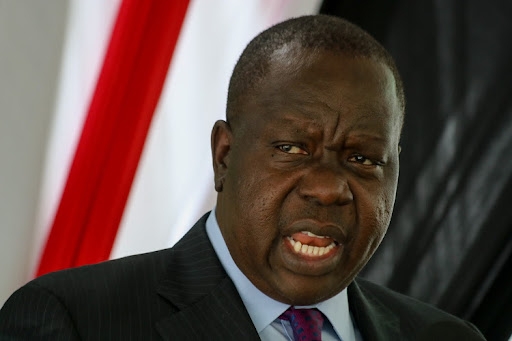The control of hire purchase rates and movable property will soon be the mandate of the government should the new reforms be adopted.
The state is in the process of rewriting the laws governing security rights over movable property with the introduction of the Movable Property Security Rights (Amendment) Bill, 2024.
The Bill aims to modernise regulations related to hire purchase agreements and movable assets, potentially streamlining the process but also adding new administrative requirements for businesses.
One of the key changes in the Bill is the expansion of the definition of hire purchase agreements to include situations where the purchase price is financed by the seller or a third party.
" If passed, this Bill will be a major step forward in regulating movable property transactions and hire purchase businesses as all entities involved in hire purchase will need to be licensed," said Cliffe Dekker Hofmeyr Kenya, managing partner Sammy Ndolo.
According to CDH, while the change will help regulate the lending business more closely it will add bureaucratic hurdles for some businesses.
While the bill simplifies licensing, it excludes financial institutions already regulated by the Central Bank of Kenya (CBK), reducing the burden on them.
The current Movable Property Security Rights Act (MPSRA), enacted in 2017, was intended to ease the use of movable assets as collateral but has faced criticism for overlapping with other laws, such as the Companies Act and the outdated Hire Purchase Act.
The new Bill proposes to repeal the Hire Purchase Act to unify the regulations and modernise the sector.
The move comes at a time that the Central Bank of Kenya admitted that a legal gap that prevents it from regulating buy-now-pay-later businesses has exposed borrowers exposing them to higher interest rates and harsher repayment terms.
Additionally, the new Bill allows the CBK to set interest rates for hire purchase agreements, although it is unclear whether the rates will be strictly regulated or just monitored.
Ndolo raised concern that this could reduce the appeal of hire purchase agreements.
Another notable change is in the repossession of goods sold under hire purchase.
Unlike the current law, which requires a court order if two-thirds of the purchase price has been paid, the new Bill does not have such restrictions.
The Bill also clarifies registration requirements for charges created by companies, excluding book debts from needing registration under the Companies Act.
It also gives borrowers the right to request the cancellation of security registration notices if the security right is no longer valid, addressing issues of administrative delays.
Currently under review by the parliamentary finance committee, the Bill is expected to be debated in the coming months.











